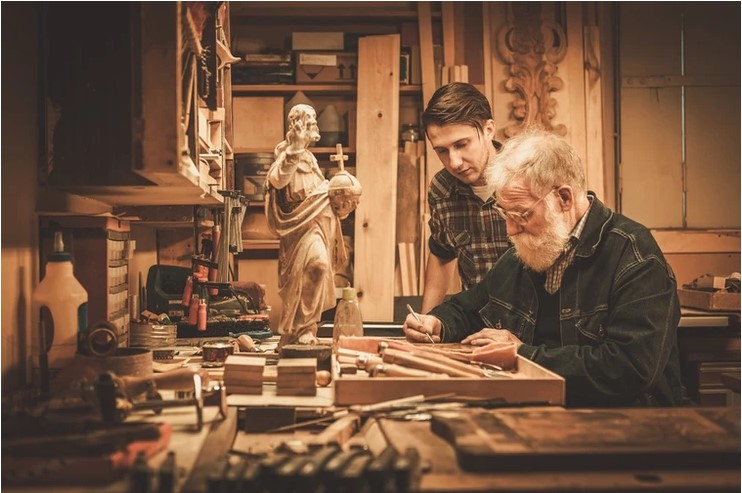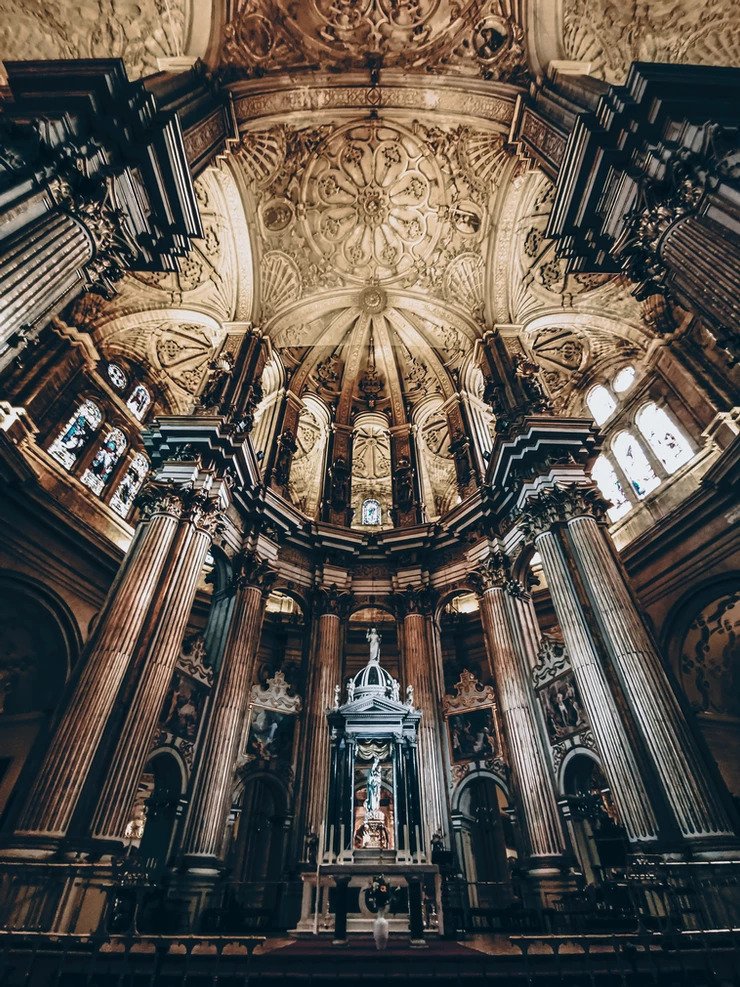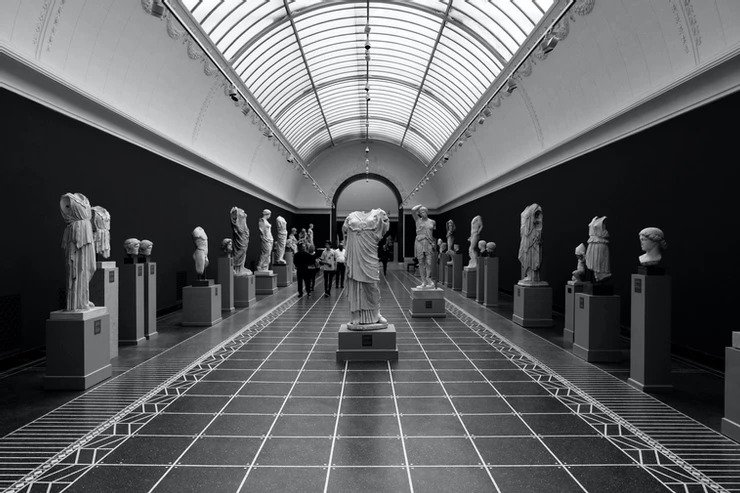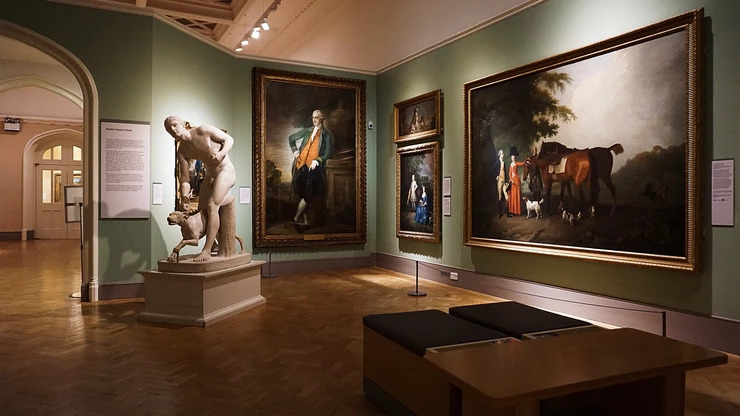Conservation of art is an attempt to preserve and repair paintings, architecture, drawings, prints, objects such as glassware, furniture, textiles, metal, ceramics, and sculptures which may have been affected or damaged due to negligence, natural effects such as timely decay and use by humans.
Preservation and maintenance of any artwork and the protection from further deterioration or damage is all art conservation. While art restoration means the renovation of the damaged art and an honest try to give them their original appearance, both conservation of art and restoration of art are the different sides of the same coin.
Some of the world’s greatest artists have expressed their feelings and creativity in the form of great pieces of art. Each of these paintings, artifacts, and all other forms of art are unique and cannot be replicated in their originality. Each of these conveys a timeless message.
Conservation of art has become extremely important today as it gives a glimpse of our ancient heritage and culture. Taking all the wonders of the world as an example we can say that they are unique in their own way and have withstood the test of time through proper preservation, conservation, and restoration from time to time.
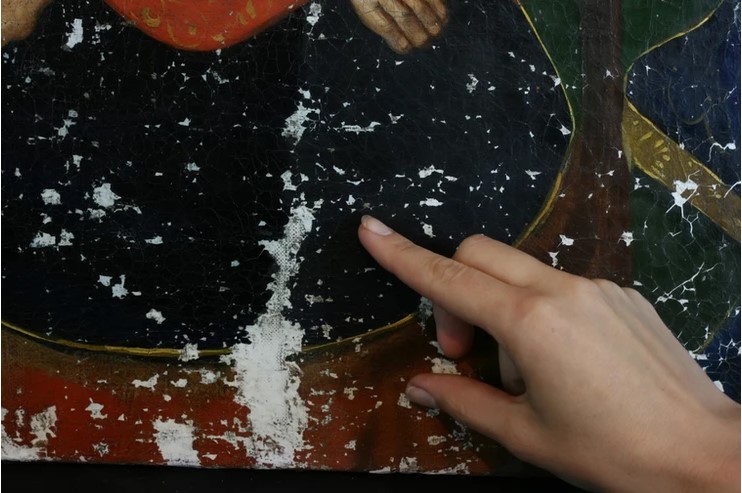
Art restoration during ancient times depended on very limited techniques. As science and technology progressed, the techniques also became more refined and effective making us realize the importance of historicpreservation.
The practice of modern conservation is based on repairing, studying, and preserving objects taking care that no permanent changes or alterations are done. Now there are many ways of treating and restoring art objects and professional conservators always document their work through written reports and photographs.
Architecture
Nowadays, restoring old architecture and conserving it is gaining much importance. The world is realizing the importance of ancient buildings and monuments as it connects them to their history. Many ancient buildings are an architectural wonder and some of them have not only been restored but also repaired or some parts have been rebuilt. Master craftsmen are giving their personal touches to give these monuments a new look. This helps the visitors to witness history in the present time.
Paintings
Every painting whether on canvas, wood, wall, neural, paper or ivory have their specific ways of conservation. Canvas paintings can get discolored, torn, or frayed from the edges, or even decay. Paintings on wood can lose their luster as wood can swell or shrink due to climatic changes. Thus, it becomes important to restore and conserve them for future generations to know their ancestors through art.
Sculpture
The sculptures have been created on clay, stone, wood, metal, ivory, and bone and we can also find unique pieces of sculpture on composites and plastics. Stone sculptures can be damaged through erosion, water, or environmental conditions. Metal sculptures mainly deteriorate due to the effects of the environment on metals such as rusting of iron and tarnishing of silver.
Thus, it becomes important to preserve these pieces of art.
Ceramics
Ceramics and clay have been used to create small figurate, objects for decoration as well as a large sculpture which generally don’t deteriorate unless broken.
Textiles
Ancient tapestries and other textiles can fade due to excessive light or get damaged because of air pollution. The fiber of the material can be weakened and lose its luster.
Since museums exhibit various works of ancient art on a large scale it is very important for the art curator to preserve the collectibles according to collections care. It is important to conserve art as it helps in preserving history, reflecting the changes over a period of time in various cultures. Thus, historic preservation is essential for connecting the past with the present.
Also, caring for these collections becomes important as it also helps the collectors build some business by showcasing their artifacts to the public. The general public gains an insight into the history and culture of the older civilizations, their way of life, their eating habits, the garments they wore, and their mind behind the creations.
Art conservation and art preservation play a very important part in appreciating the works of art created by our predecessors and stay in touch with our history.
